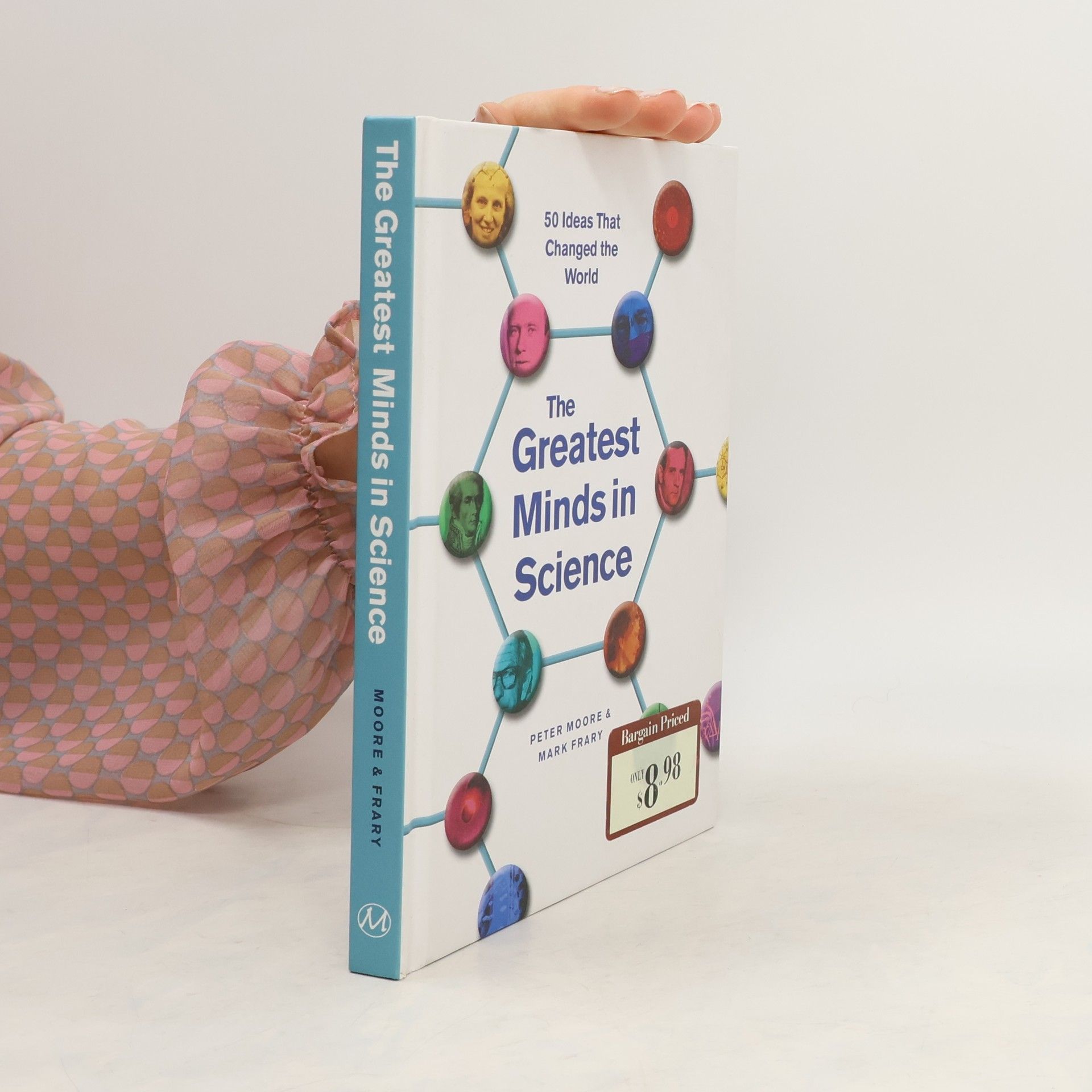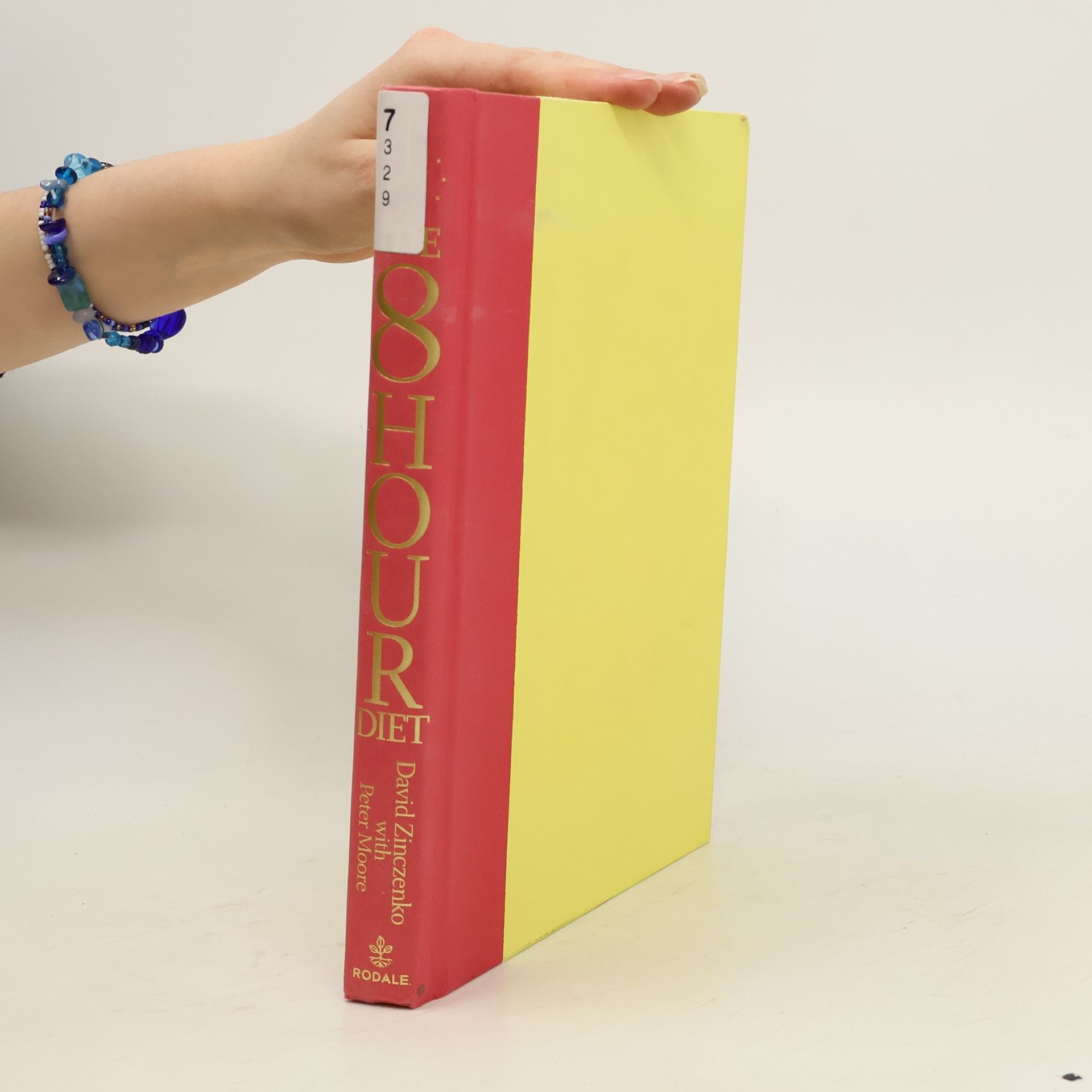Cutting Edge Starter Workbook With Key
- 72 páginas
- 3 horas de lectura
Cutting Edge is a multi-level general English course for adults and young adults. Combining stimulating content with comprehensive grammar, vocabulary and skills work, Cutting Edge is for students who want to enrich their knowledge of the language.




